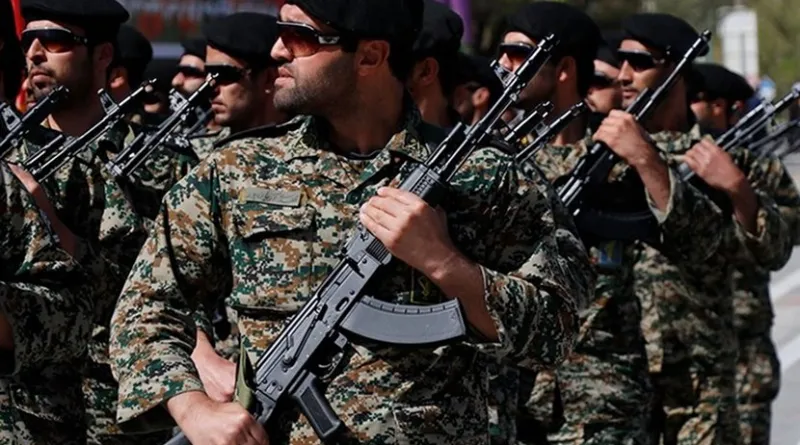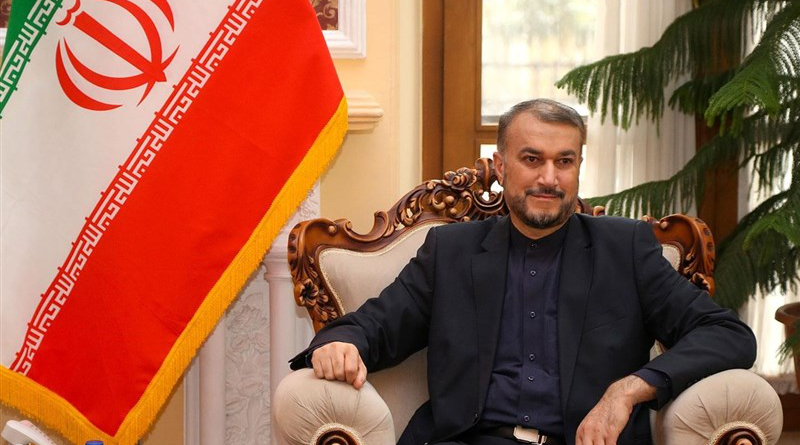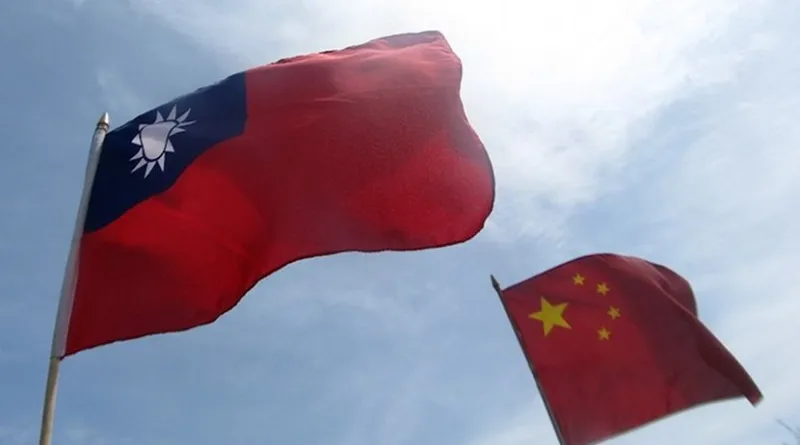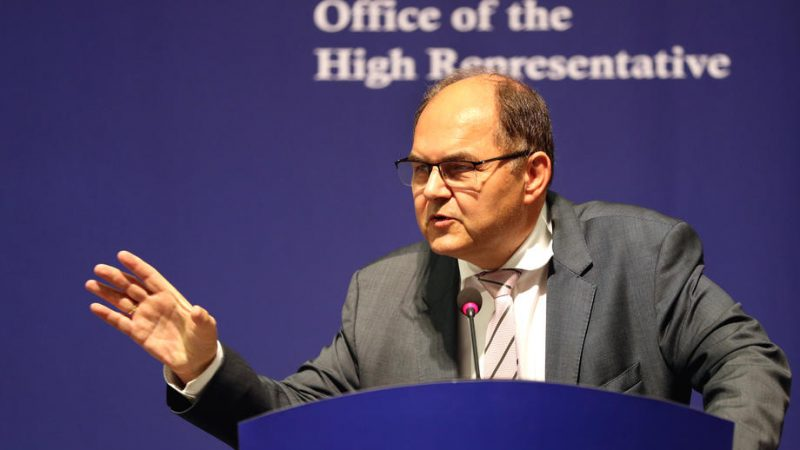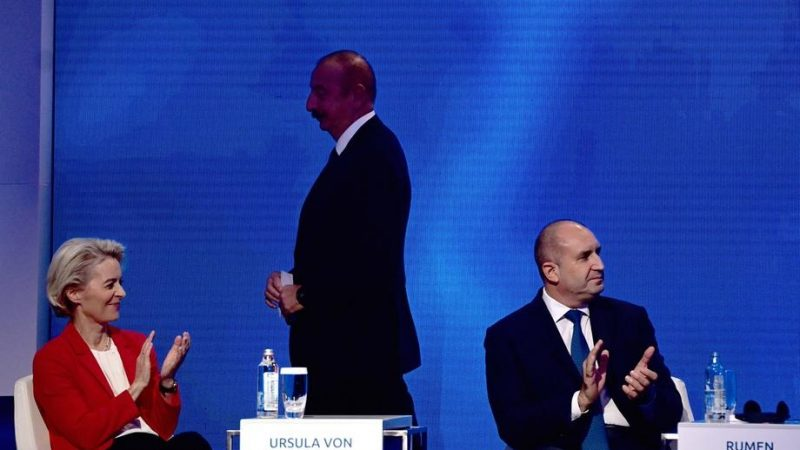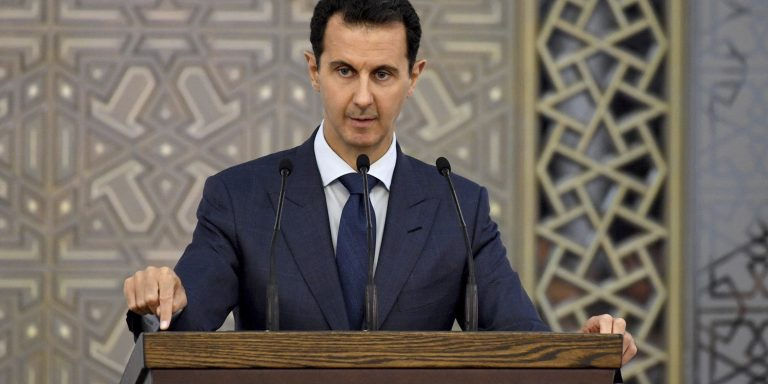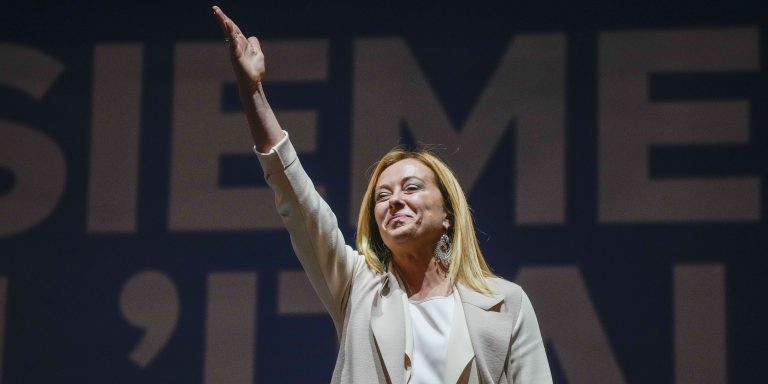Putin Takes Aim At US, Casts Ukraine War As Existential Conflict For Russia – Analysis
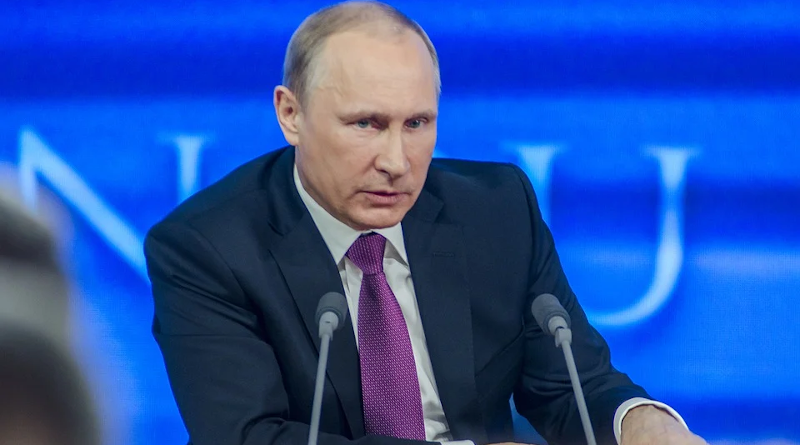
The speech was expected to be about Ukraine, where Russia’s military is struggling seven months into its invasion and where Moscow is claiming four partially occupied regions as its own in a land grab condemned by Kyiv and the West.

